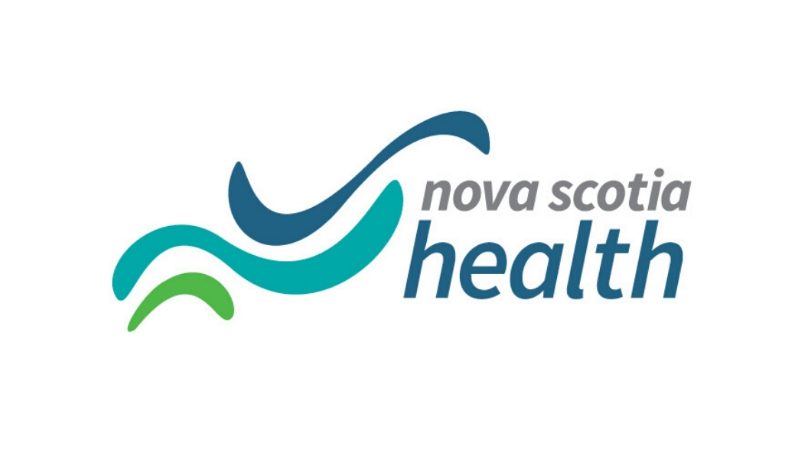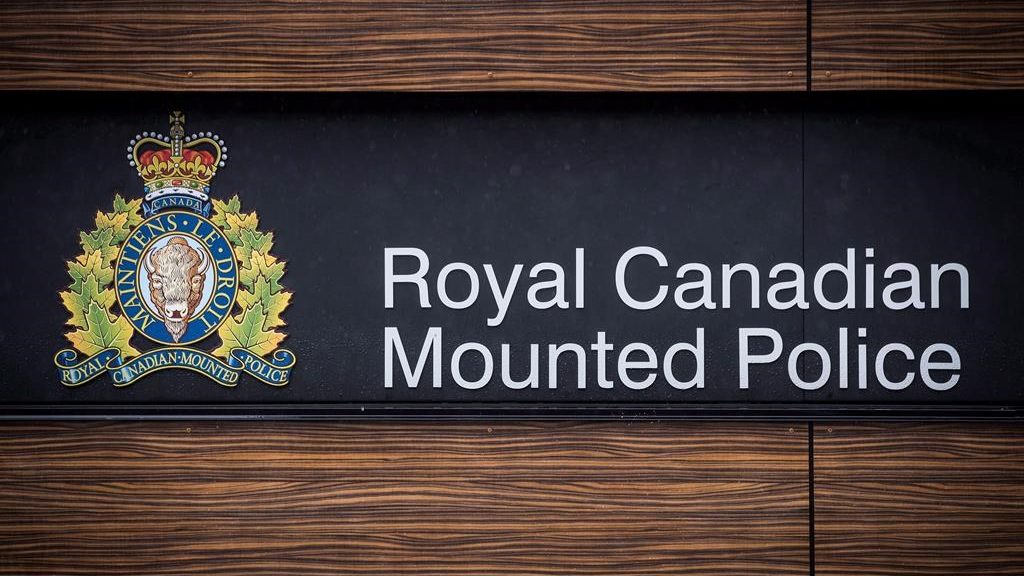Province introduces loan program to help municipalities through COVID-19
Posted Apr 29, 2020 09:23:00 AM.
The province has announced a new loan program to help municipalities deal with the financial implications of COVID-19.
Up to $380 million is available for Nova Scotian municipalities to borrow, at the interest rate the province has access to.
“The reason we are doing the borrowing is because the interest rate outside of us would be higher,” Premier Stephen McNeil said at a press conference on Tuesday.
McNeil says the program will help bridge the gap so municipalities can continue to deliver vital programs and services to residents and businesses.
“For many of them, it's for them to do property tax deferral,” he says. “They are deferring whether it is individual residential or business taxes which will be paid back later, at which time they will repay that loan.”
Property taxes in the Halifax Regional Municipality fund almost 80 per cent of its operations. Earlier in April, regional council decided to give property owners the option to defer their property tax payments until June 1 because of COVID-19. They were original due the end of April.
According to a municipal staff report dated April 14, 2020, it is estimated that delaying the interim tax bill due date will reduce investment income by $100,000. That number assumes 60 per cent of customers take advantage of the deferral.
Other HRM revenue streams being impacted include transit fare suspension, which comes at a loss of $3 million a month, the suspension of parks and recreation programming, which comes at a loss of $1 monthly, and waiving parking fees is costing the municipality $250,000 a month.
The loan program was developed in collaboration with the Nova Scotia Federation of Municipalities and the Association of Municipal Administrators, and will be available through the Municipal Finance Corporation.
Municipalities will have six months to begin repaying their loan and three years to fully repay it.
“We put together a three year plan with payback from the municipalities that would not impact their current fiscal or next fiscal,” McNeil says.










